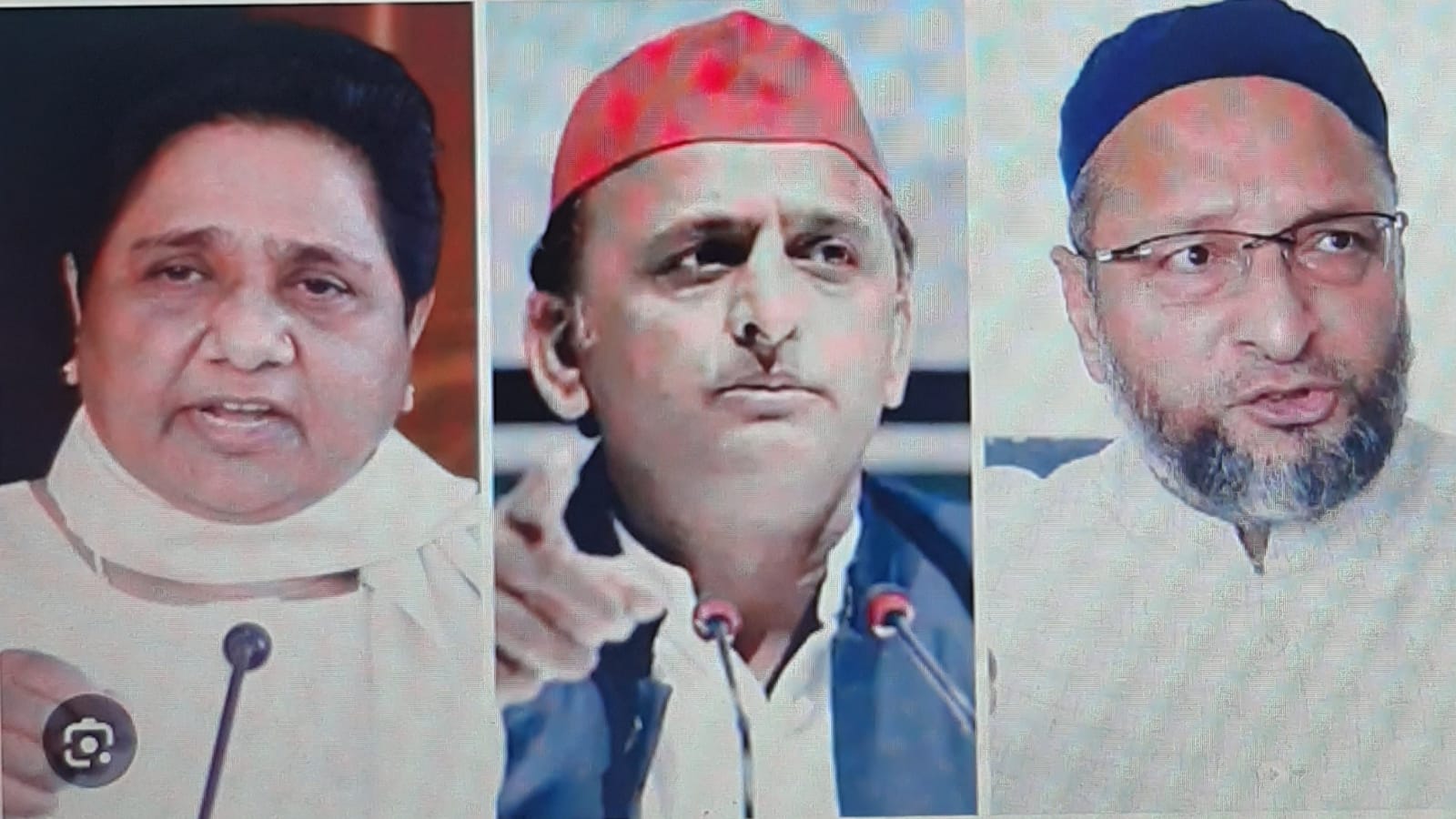
Justice for all is the foundational prerequisite for India attaining its goal of becoming a fully developed nation by the year 2047. Based on my administrative experience, I can assert that this goal is certainly achievable. However, to become a fully developed nation, many essential steps must be taken expeditiously, as 2047 is not so distant now, writes former IAS officer V.S. Pandey
“Government has a final responsibility for the well-being of its citizenship. If private cooperative effort fails to provide work for willing hands and relief for the unfortunate, those suffering hardship through no fault of their own have the right to call upon the Government for aid; and a government worthy of its name must make fitting responses.”
Franklin D. Roosevelt, Former President of USA
Justice for all is the foundational prerequisite for India attaining its goal of becoming a fully developed nation by the year 2047. Based on my administrative experience, I can assert that this goal is certainly achievable. However, to become a fully developed nation, many essential steps must be taken expeditiously, as 2047 is not so distant now. If we look at the development trajectory of other developed nations around the world, we will find that all of them first worked to strengthen the judicial system, legal system, education, and health. Without first strengthening and streamlining the judicial system, these countries would not have been able to achieve their desired goals.
The foundation of any nation’s economic progress is the prompt and effective enforcement of contract laws- as all economic activity begins and ends with contracts. When the public believes that the country’s judicial system is capable of ensuring fair enforcement of all contracts, they feel the necessity of investing and setting up industries, businesses etc. For this to happen a strong judicial system is necessary. The impartiality, honesty, and effectiveness of the judicial system only ensures that ordinary people, and especially those involved in business, can operate without difficulty. This situation is commonly referred to as “ease of doing business,” and history bears witness to the fact that no nation has been able to develop without establishing these conditions. When we examine the situation in our country from this perspective, it is profoundly disappointing. Even today, our country ranks very low globally in terms of ease of doing business. Due to these circumstances, our country lags far behind even smaller countries in terms of foreign investment. It is most distressing that thousands of high net-worth Indian citizens are leaving India every year to settle abroad, headlined in major newspapers for several years. It is alarming that when our own millionaires are leaving the country, why would any foreigner consider investing here? This question should cause serious concern for the country’s governments, and ensure prompt action to improve the situation. But sadly, this does not seem to be happening.
Even today, there’s no serious discussion in the country about efforts to streamline our judicial system to ensure seamless justice for all and particularly the enforcement of contracts This issue was dismissed in the past on the pretext of an acute shortage of courts. India employs only two judicial officers per 10,000 people, while in developed countries, this figure ranges between 6 and 10 per 10,000. Reform is crucial, and the number of courts in the country must be increased at least threefold urgently, and the necessary infrastructure facilities must be established. However, it should also be examined whether the courts established today are functioning according to required standards and it is necessary to fix responsibility for the prevalent trend of “date after date” in Indian courts.
While serving as a presiding officer of courts at various levels and supervising the functioning of courts, I found that even in the current circumstances, significant improvements could be made exigently in the functioning of courts by taking certain steps. First, the process of reform should begin by imposing severe penalties, such as a minimum of five years’ imprisonment, for filing cases based on completely fabricated facts. Today, our courts are burdened with false cases, at every level, and this burden is increasing enormously, daily. This is so because no one has ever been punished for lying in courts or submitting false affidavits. The practice of harassing litigants on totally false pretexts has crippled our judicial system. Misrepresentation is a serious crime in all developed countries, but in our country, it seems as if lying has become our birthright! Similarly the current process of issuing notices to litigants should be changed to incorporate simultaneous notices such as registered letter, text messages, WhatsApp messages, mobile phone notifications, and newspaper publications, eliminating interminable delays at the notice stage.
As is universal, under the current legal system, a decision can only be given based on the evidence available in the case file, and nothing else. Therefore, the parties should be obligated to submit all relevant evidence to the court simultaneously with the filing of the plaint. Similarly, the defendant should also be made to submit all evidence along with their reply, without any additional time being granted. Often, cases are postponed on the fallacious pretext of providing additional evidence. Similarly, in the name of arguments, cases drag on for years. To eliminate this, a system should be established to set a date and a limited time given for oral arguments in each case, as is the case in all developed countries, where the provision of repeated adjournments is almost non-existent. Furthermore, the parties to a case should be made to submit everything in writing and the case should be reserved for an order by the courts. This will end the unfortunate situation of “date after dater and humungous piling up of cases. Implementing these elementary steps requires only political will. Furthermore, courts should be strictly instructed to abandon the habit of writing hundreds of pages of judgments and instead deliver concise, logical, and reasoned judgments in a few pages.
This same rule should be applied to the High Courts and Supreme Courts, where prominent lawyers spend considerable time arguing cases day after day, even though they could easily contribute to the judicial system by presenting their arguments in writing. But then, what will happen to the fees of prominent lawyers, perhaps millions or even crores, charged per hearing? Our entire judicial system has been trapped in this malaise for years, and instead of taking action, everyone bemoans the sluggish judicial system. All these changes can be made promptly, which can bring positive change by making the judicial system faster and more effective. The above are some steps that can be easily implemented without wasting time.
All the governments of our country, past and present, whether central or state, have never taken any concrete steps to improve the judicial system. However, now the time has come that in the interest of the nation, at least a strong step should be taken towards realising the dream of making the country a developed nation by bringing changes in the judicial system. “Justice” must be done to the judicial system of the country which has been infamous for years for “date after date” and the platonic adage that the worst form of justice is pretended justice.
(Vijay Shankar Pandey is former Secretary Government of India)









